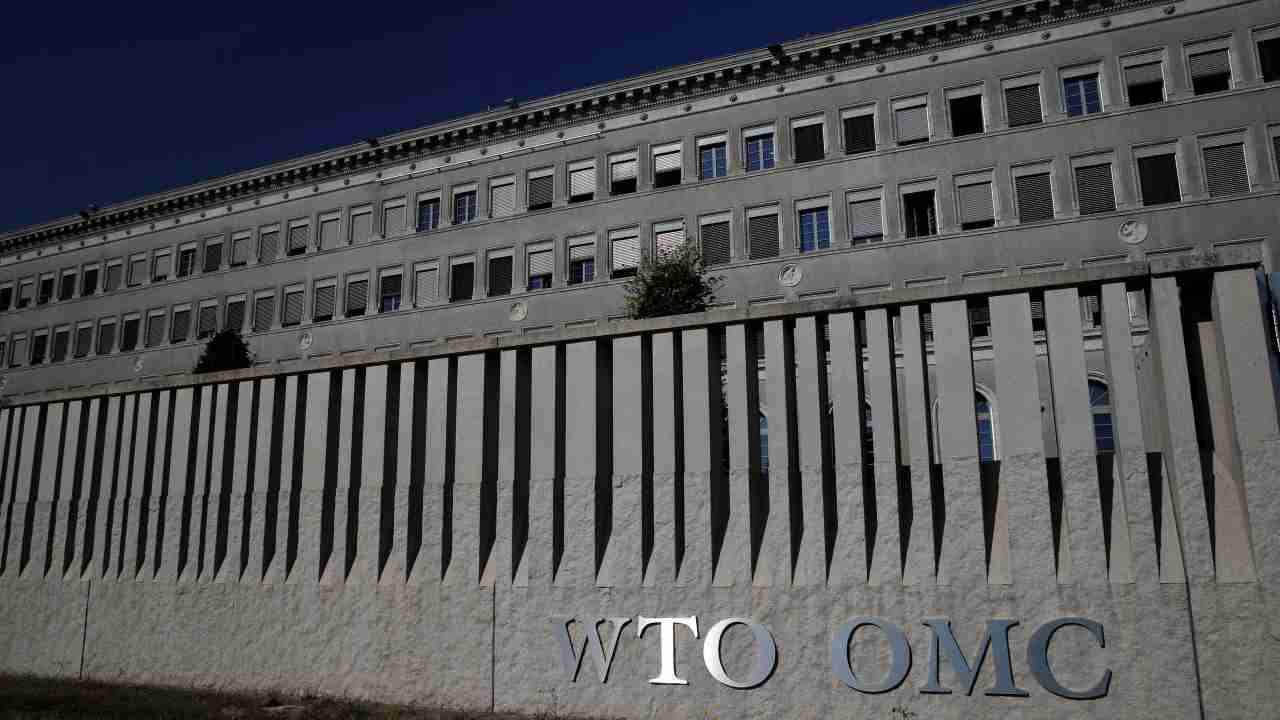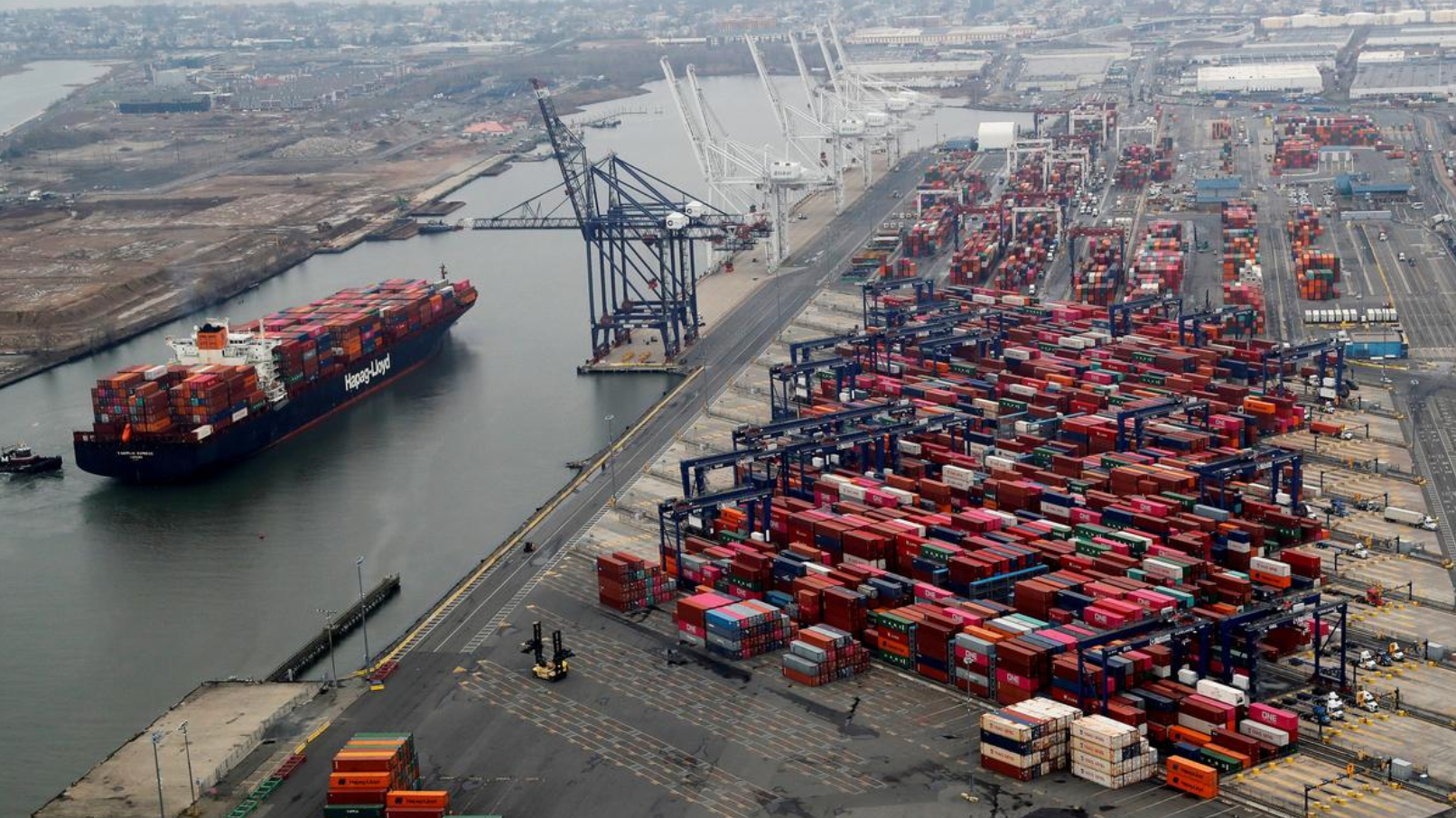
The World Trade Organization (WTO) embarked on the formal process of selecting a new director-general on Monday after Roberto Azevêdo unexpectedly announced last month his intention to step down one year earlier than planned.
The replacement comes at a critical time for the world's only international body dealing with the rules of trade between nations. It's expected to be arduous as protectionism rises around the globe, especially amid the coronavirus pandemic, and as different parties vie to pick someone representing their respective stances.
Whether the new head can lead the widely expected reform of the trade organization in a direction that integrates the requests of the majority of its 160-plus members and revive its paralyzed Appellate Body will be a decisive factor for the future relevance of the trade body, especially in a post-pandemic era.
Since the end of World War II, trade has been an engine of growth for the global economy. But the functioning of the engine has been hampered over the past few years as the U.S. government has been obsessed with the idea of "America First," introducing various protective measures, including higher tariffs. The measures have led to the free flow of goods, services and capital being further impeded.
To facilitate its unilateralism, the U.S. last December blocked the appointment of new judges to the Appellate Body, the highest authority in the WTO's dispute settlement mechanism, paralyzing the world body from making any ruling to maintain world trade order. It's a major factor that led to Azevêdo's early resignation.
The coronavirus pandemic has fueled the rise of protectionism and other trade barriers, with various WTO members closing their borders and cutting trade channels. This was seen when some 80 members imposed, in one form or another, export bans on medical supplies and protective personal equipment. Export restrictions on food have also been put in place by quite several countries.
In addition, government subsidies have seen exponential increases in much of the developed world. Members, such as the U.S. and Japan, are actively funding onshoring of manufacturing facilities, which is resulting in the dislocation of global supply chains based on market principles and creating huge trade distortions. Consequently, a more disconnected and protectionist world is on the horizon.

A container ship with hundreds of shipping containers stacked nearby at a pier at the Port of New York and New Jersey in Elizabeth, New Jersey, U.S., March 30, 2020. /Reuters
A container ship with hundreds of shipping containers stacked nearby at a pier at the Port of New York and New Jersey in Elizabeth, New Jersey, U.S., March 30, 2020. /Reuters
As a result of the trade barriers and disruptions to global supply chains, world trade in 2020 is expected to shrink by nearly one-third year-on-year, according to a WTO forecast.
For trade to continue as a major force driving the global economic recovery, the WTO, which has played an unrivalled role in trade liberation since its founding in 1995, is critical to maintaining the order of an inclusive multilateral trading system, as the world economy is projected to contract by three percent this year.
Small and vulnerable countries could become the most affected victims, especially after the pandemic. Their interests have a high chance of being sacrificed or undermined in a world dominated by some superpower and governed by the law of the jungle.
Fortunately, almost all WTO members, except the United States, share a similar stance on issues such as maintaining the multilateral trading system and strengthening its dispute settlement mechanism, since they know how much they have benefited from this system.
So long as the new head, who is tasked with leading the trade body's reform, maintains its function of ensuring that trade flows as smoothly, predictably and freely as possible, then the organization will remain relevant.
As for the United States, which has also been a significant beneficiary of the multilateral trading system over the past decades, staying inside the system best serves its national interest. Otherwise, Washington would not have spent so much time and energy blocking WTO appointments.
The selection of a new director-general presents an opportunity for the world trade body to invigorate itself. As Azevêdo fairly pointed out in his farewell speech, the WTO dispute settlement system was – and currently still is – a glorious experiment with the rule of law in international relations. "History will not judge kindly those responsible for the collapse of the WTO dispute settlement system."
(If you want to contribute and have specific expertise, please contact us at opinions@cgtn.com.)